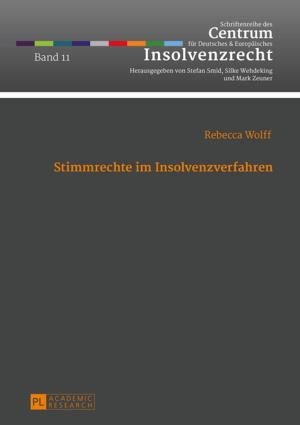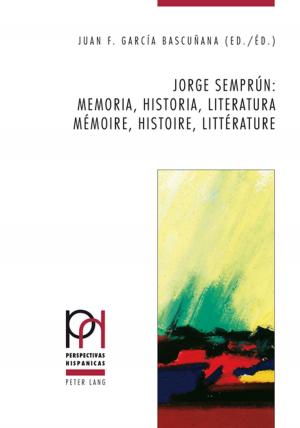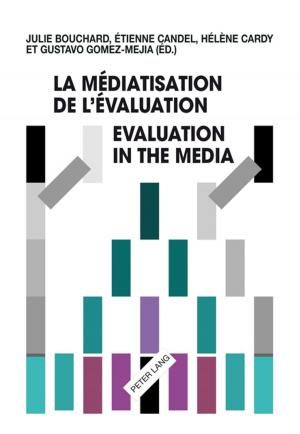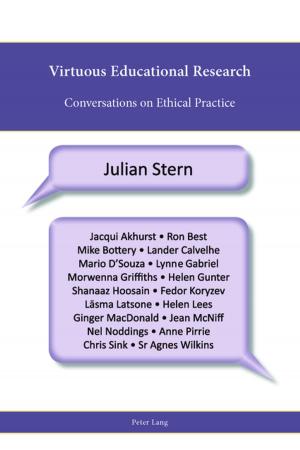The Funniest Pages
International Perspectives on Humor in Journalism
Nonfiction, Reference & Language, Language Arts, Journalism, Art & Architecture, General Art, History| Author: | ISBN: | 9781454189435 | |
| Publisher: | Peter Lang | Publication: | April 14, 2016 |
| Imprint: | Peter Lang Inc., International Academic Publishers | Language: | English |
| Author: | |
| ISBN: | 9781454189435 |
| Publisher: | Peter Lang |
| Publication: | April 14, 2016 |
| Imprint: | Peter Lang Inc., International Academic Publishers |
| Language: | English |
Charles Dickens, celebrated novelist and journalist, believed that his greatest ability as a writer was to make people laugh. Yet, to date, humor has been strangely marginalized in journalism, communication and media studies.
This innovative book draws together the work of seventeen writers to show that, starting in the 1640s during the English Civil War, and continuing through to the present time, humor has indeed been an important ingredient of journalism. Countries studied include Australia, Britain, Canada, Chile and the United States. The Funniest Pages is divided into four sections: «Seriously Funny, From Past to Present,» «Unsolemn Columnists,» «This Sporting Life» and a final section, «Have Mouse, Will Laugh,» which looks at humor in online journalism. Chapters examine Joseph Addison, Richard Steele and the birth of social and political satire; Allen Ginsberg, Mad magazine, and the culture wars of the 1950s; John Clarke and the power of satire in journalism, and more.
Charles Dickens, celebrated novelist and journalist, believed that his greatest ability as a writer was to make people laugh. Yet, to date, humor has been strangely marginalized in journalism, communication and media studies.
This innovative book draws together the work of seventeen writers to show that, starting in the 1640s during the English Civil War, and continuing through to the present time, humor has indeed been an important ingredient of journalism. Countries studied include Australia, Britain, Canada, Chile and the United States. The Funniest Pages is divided into four sections: «Seriously Funny, From Past to Present,» «Unsolemn Columnists,» «This Sporting Life» and a final section, «Have Mouse, Will Laugh,» which looks at humor in online journalism. Chapters examine Joseph Addison, Richard Steele and the birth of social and political satire; Allen Ginsberg, Mad magazine, and the culture wars of the 1950s; John Clarke and the power of satire in journalism, and more.















